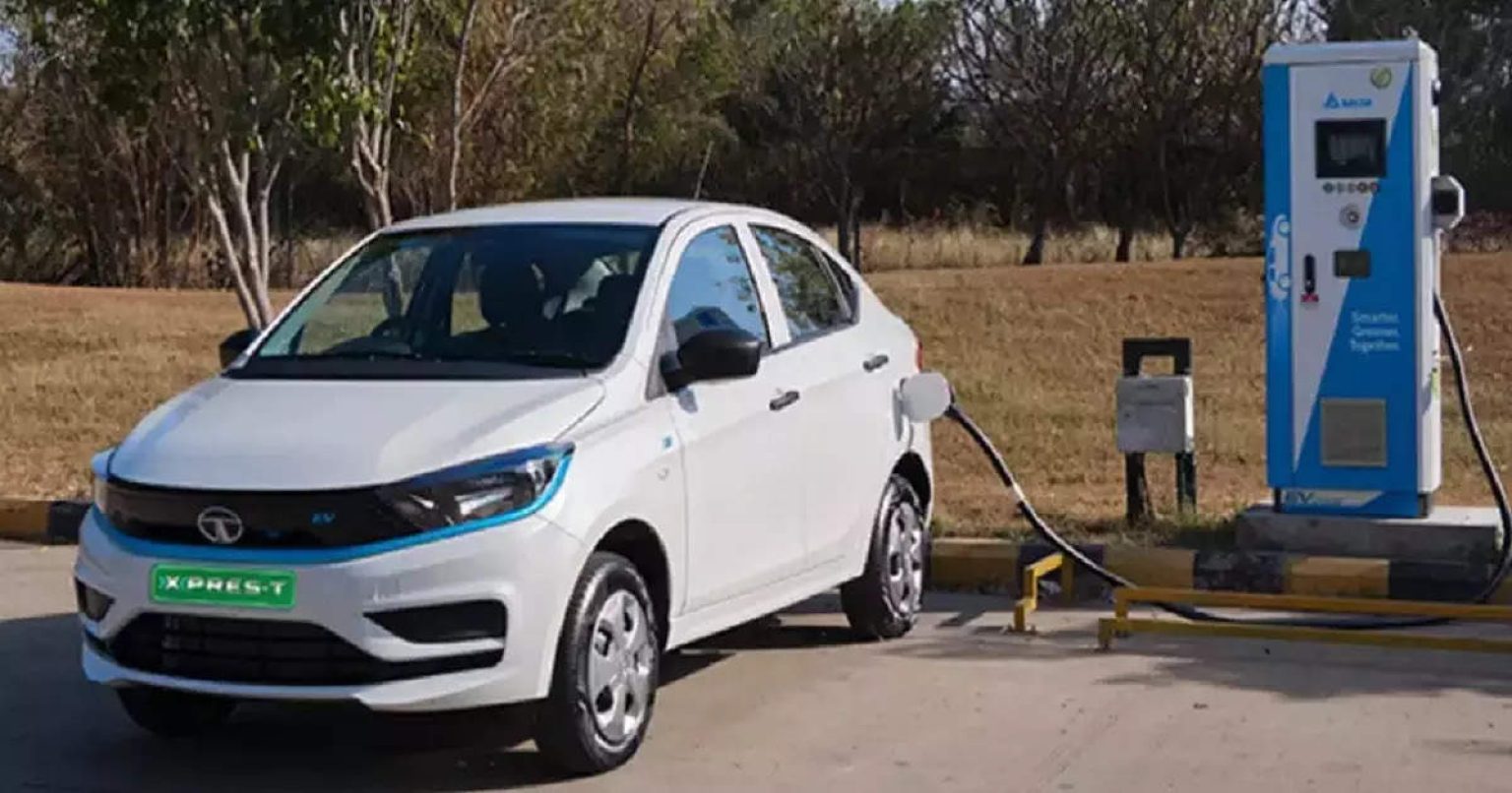In an aggressive push towards sustainability, ride-hailing giant Uber has unveiled “Uber Green” in India, marking a significant milestone in the electric vehicle domain. As part of the company’s mission to promote zero-emission rides, the service, already functioning in over 100 cities across 15 countries, will commence operations in Delhi, Mumbai, and Bengaluru from June this year.
Uber Green enables riders to opt for an all-electric, zero-emission ride, departing from the standard petrol or diesel options. With this ambitious move, Uber aims to transition every ride in India to electric by 2040.
“In pursuit of our vision to electrify every ride by 2040, India’s vast scale and accelerating electrification make it a key priority for us. Uber Green is a significant stride towards this goal,” said Andrew MacDonald, Senior Vice President, Mobility and Business Operations at Uber. “We understand our influence extends beyond technology. We are committed to partnering with cities and governments in their fight against climate change and pollution, promoting sustainable mobility.”
Also Read: IKEA Malaysia’s Electric Charge: A Sustainable Transport Revolution
Further boosting its green initiative, Uber has aligned with key players in the EV space. The company, boasting over 800,000 driver partners across 125 cities, has committed $800 million in incentives to expedite drivers’ transition from fuel-powered vehicles to electric by 2025.
Uber is collaborating with companies like Lithium Urban Technologies, Everest Fleet Private Limited, and Moove, aiming to introduce 25,000 electric vehicles across its seven leading cities, thus fostering faster adoption of EVs among its drivers.
In its two-wheeler service, Uber Moto, the company has tied up with electric two-wheeler manufacturer Zypp Electric to deploy 1,000 electric two-wheelers by 2024. Over 1,000 Zypp electric two-wheelers are already in operation in Delhi, reveals Uber.
Uber has also partnered with Jio-bp and GMR to bolster the budding EV charging infrastructure in India. In a bid to encourage the acquisition of cleaner vehicles such as EVs and CNG, Uber has also collaborated with SIDBI (Small Industries Development Bank of India) to offer affordable loans to its partners, thus promoting the switch from high-emission vehicles to low or zero-emission alternatives.
Also Read: Bright Sparks: Ola Electric Hits $6B Valuation with $300M Funding Surge, Aims to Supercharge Production
“The onus of transitioning to EVs shouldn’t rest solely on the drivers,” asserts Prabhjeet Gill, President, Uber India and South Asia. “With these strategic partnerships, we aim to expedite the shift to electric, accelerating sustainable transformation in India’s ride-sharing industry.”
Apart from India, Uber aims to emerge as a zero-emission mobility platform in Europe and North America by 2030, and globally by 2040. Earlier this year, Uber joined forces with Tata Motors, India’s leading EV manufacturer, pledging to add 25,000 EVs to Uber India’s Premium Category service.
This article is based on a piece from fortuneindia.

















